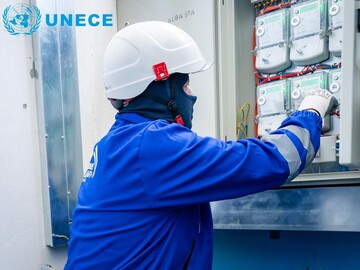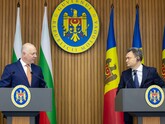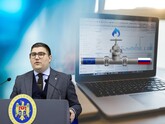
The UN Economic Commission for Europe has named Moldova a regional example of successful digitalization in the energy sector
The Ministry of Energy reported this, noting that the UN Economic Commission for Europe (UNECE) recently included Moldova in a study on progress in the digitalization of the energy sector. The initiative to create a National Register of Consumption Points was highlighted in the study as an example of advanced regional practice. As noted, the National Consumption Register, implemented as part of the National Digitalization Program, will be built on a digital database supported by distributed technologies, which aims to register all energy consumption points in the country, whether residential, commercial, or industrial. According to the UNECE study, the Consumption Register provides many practical benefits, including effective energy consumption monitoring, simplified billing, quick supplier switching, rapid intervention in emergencies, and the provision of a more targeted social package for vulnerable households. In addition, the unique code can be used to strengthen beneficiaries' trust in financial institutions. "To create a smart energy system adapted to the challenges of the future and digital requirements, we need to transform both networks and consumer behavior, offering practical solutions for all. The creation of a Single Register of Consumption Points is an important step in this direction, providing centralized access to services, unified payments, rapid intervention in emergencies, and more targeted social support based on real data," said State Secretary of the Ministry of Energy Cristina Pereteatcu, who is responsible for the digitalization of the energy sector and a member of the UNECE Working Group on Digitalization in Energy. The document also mentions the National Energy Resource Management Platform, a comprehensive digital solution that centralizes data on energy consumption (electricity, gas, heat, etc.), providing support for evidence-based public policy. The platform will support statistical analysis at various levels and for various periods, real-time monitoring of inefficiencies, inter-agency cooperation through open access, and the protection of confidential data through integrated cybersecurity functions. The compatibility study was jointly developed by the Expert Group on Energy Efficiency and the Expert Group on Cleaner Power Systems within the UNECE Working Group on Digitalization in Energy. The document promotes compatibility, international standards, and open-source solutions as key elements for accelerating digital transformation in the energy sector. // 29.07.2025 — InfoMarket







